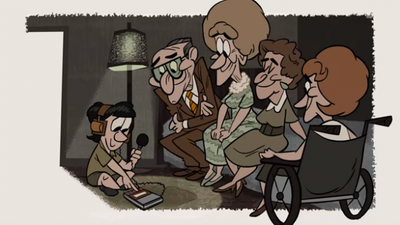Wikipedia is an easy-to-access reference tool used by millions every month, and has become the go-to source for quick and concise information on just about any topic. Despite the criticism Wikipedia has received for its sometimes controversial material and reliability, its founder, Jimmy Wales, believes that the site gives people who are passionate about certain subjects access to a forum in which they can share their knowledge.
Wikipedia has frequently been in the news recently for actions it has taken to protest laws that infringe on the freedom of the internet. In January, the site took its English language site off-line to show its dislike for the Stop Online Piracy Act, and the Protect Intellectual Property Act that were both being debated in Congress at the time. Wales, as well as other internet gurus, argued that the broadly worded laws would limit internet freedom dramatically.
Recently, the Russian-language Wikipedia site went offline in order to protest similar legislation in Russia. In this interview, Wales answers ten questions from people on the web about Wikipedia and the future of the site.
Quotes
"People write about what they're passionate about...what they know about." -Jimmy Wales, founder, Wikipedia.
Warm Up Questions
1. What is online piracy?
2. How does Wikipedia work? Who can edit it?
3. What does "crowd-sourcing" mean?
Discussion Questions
1. How could an anti-piracy law affect the freedom of an online encyclopedia like Wikipedia?
2. Do you think that crowd-sourcing is a good way to get accurate information? Why or why not?
3. Should Wikipedia require credentials from its editors? Why or why not?
Additional Resources
Wikipedia Speaks Out on Community, Blackouts
China-Google Battle Over Internet Freedom


